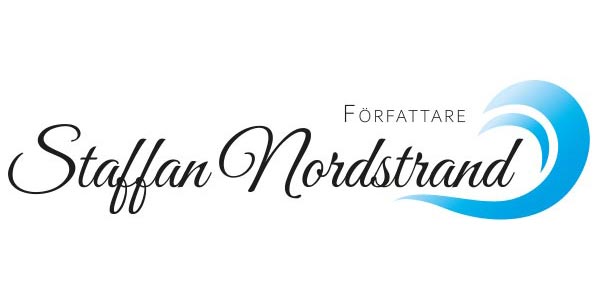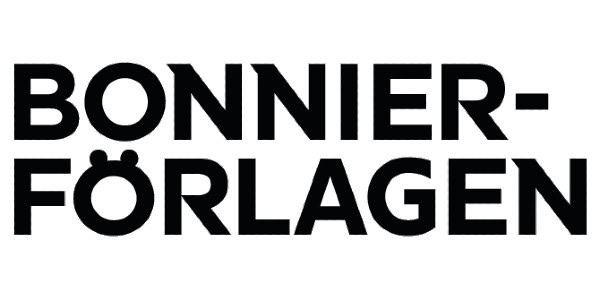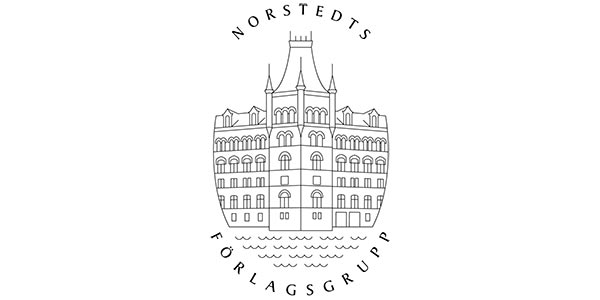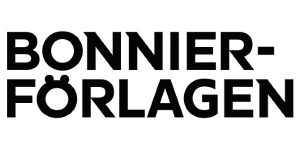
Identities and images in football : a case study of brands and the organisational settings in the development of Scandinavian women’s club football

| Serie | Malmö Studies in Sport Sciences |
|---|---|
| Författare | |
| Medverkande | |
| Förlag | Bokförlaget idrottsforum.org |
| Genre | Sport, motion och friluftsliv |
| Format | Häftad |
| Språk | Engelska |
| Antal sidor | 296 |
| Vikt | 607 gr |
| Utgiven | 2017-08-25 |
| SAB | Rbbaa |
| ISBN | 9789185645251 |
In recent years, women’s football has developed significantly, not only with regard to increased number of participants or on-field achievements, but also regarding recognition, professionalism and organisation. Mattias Melkersson investigates the contemporary developmental settings and contextual conditions for women’s football clubs in Scandinavia. This is particularly interesting as the Scandinavian countries are considered forerunners for early recognition and development of women’s football. Moreover, governing football associations in the Scandinavian countries have formulated and implemented club-licensing systems for elevating and developing women’s club football further.
The book studies and analyses four Scandinavian women’s football clubs (Stabæk Football, Fortuna Hjørring, Linköpings FC and LdB FC Malmö) and the contextual conditions that influence their organisations. By adopting a Brand Management theoretical approach, the author highlights conditions for the clubs’ formulated and communicated identities, to understand how various conditions affect the clubs’ aspired positions in a contemporary football development setting.
The dissertation abstract:
Women’s football has developed significantly throughout recent years. Not only in regards to the increased amount of participants or on-field achievements, but furthermore in regards to recognition, professionalism and organisation. The aim of this doctoral dissertation is to describe and investigate contextual and organisational conditions, characterized by heterogeneity, for a contemporary football development in Scandinavian women’s football. The Scandinavian setting is particularly interesting to investigate as the Scandinavian countries have been seen as forerunners with early official recognition and development for women’s football. Furthermore, governing football associations in the Scandinavian countries have also implemented club-licensing systems for elevating and developing women’s club football further.
The dissertation investigates and analyses four Scandinavian women’s football clubs (Stabæk Football, Fortuna Hjørring, Linköpings FC and LdB FC Malmö) and the contextual conditions that influence their organisations. The study adopts a multi-theoretical approach by using a general theoretical approach (Brand Management) and specific theoretical approaches (gender relations, civic pride and social capital, the creative class, and the presentation of self). This means that each club is analysed and interpreted through both Brand Management theoretical concepts and a specific theoretical approach. The methodological approach for the dissertation take a point of departure in case study research. Each investigated club forms a case that attempts to describe and analyse contextual conditions by studying its participants, stakeholders, and environment. Empirical findings have been obtained through semi-structured interviews, questionnaires, document analysis and observations.
The results highlight that various conditions have an impact on the investigated clubs. Gender structures within football affect clubs in a negative way by making distinctions between women and men based on traditions and stereotypical gender perceptions. This condition forces clubs to either adopt to, or challenge a male hegemonic norm. The geographical setting is also a significant condition that emphasize local association for clubs. The club cases highlight that implementing and communicating a strong local association assist clubs in gaining recognition and visibility. Here is also networking with local stakeholders seen as an important condition, which results in obtaining and nurturing sponsorships, player employments and local awareness























